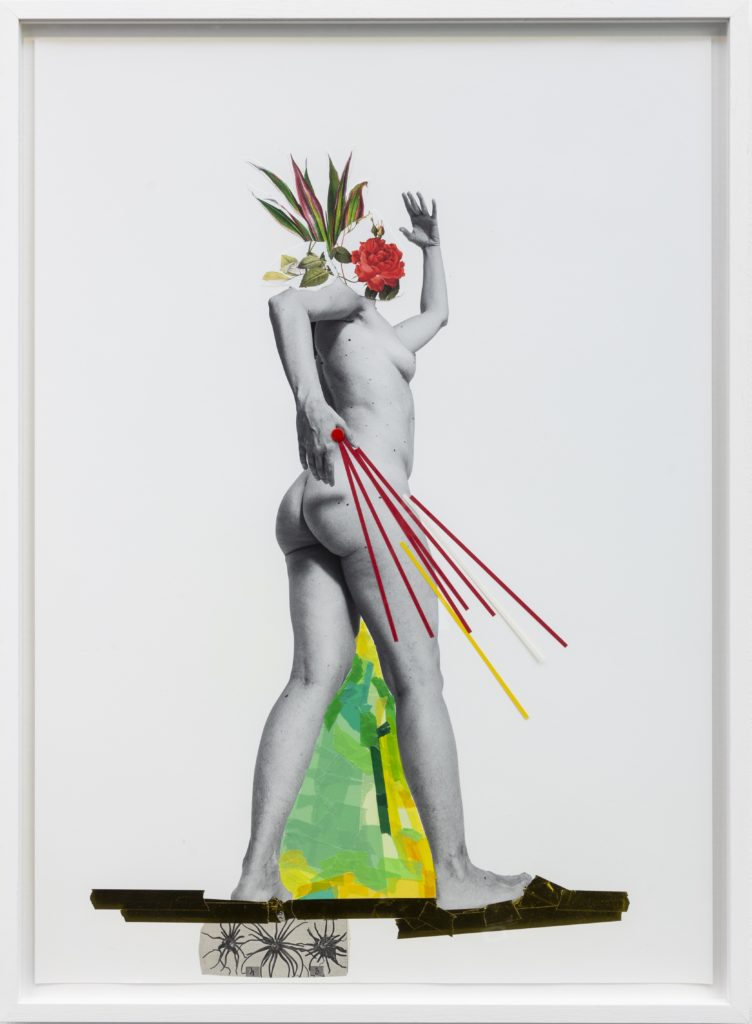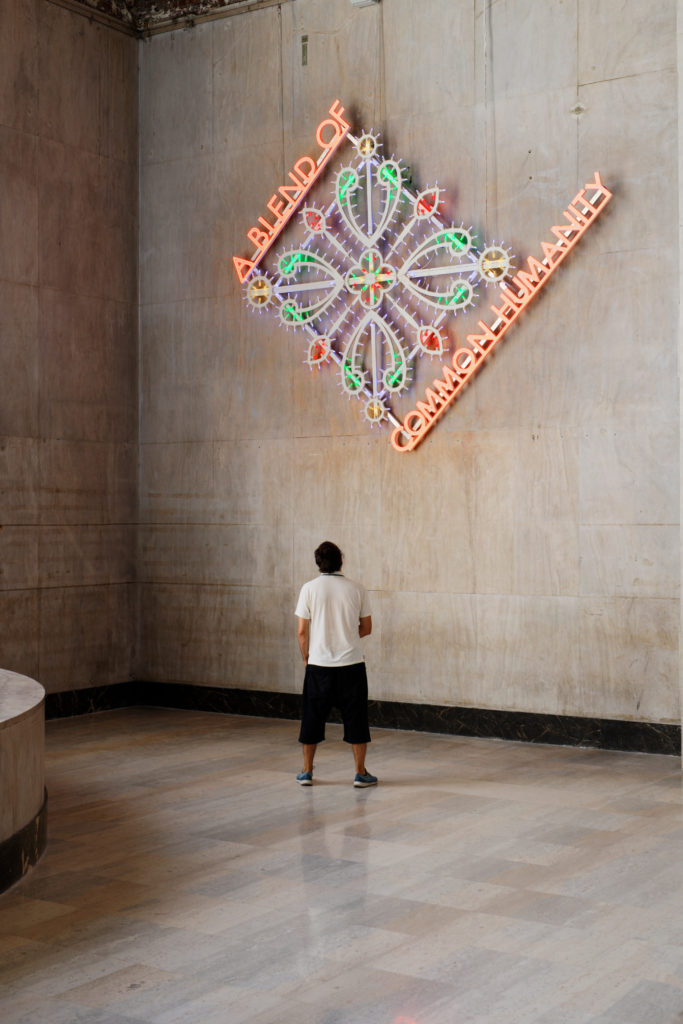F*luxx Galerie I Marinella Senatore I Together We Stand (English version)
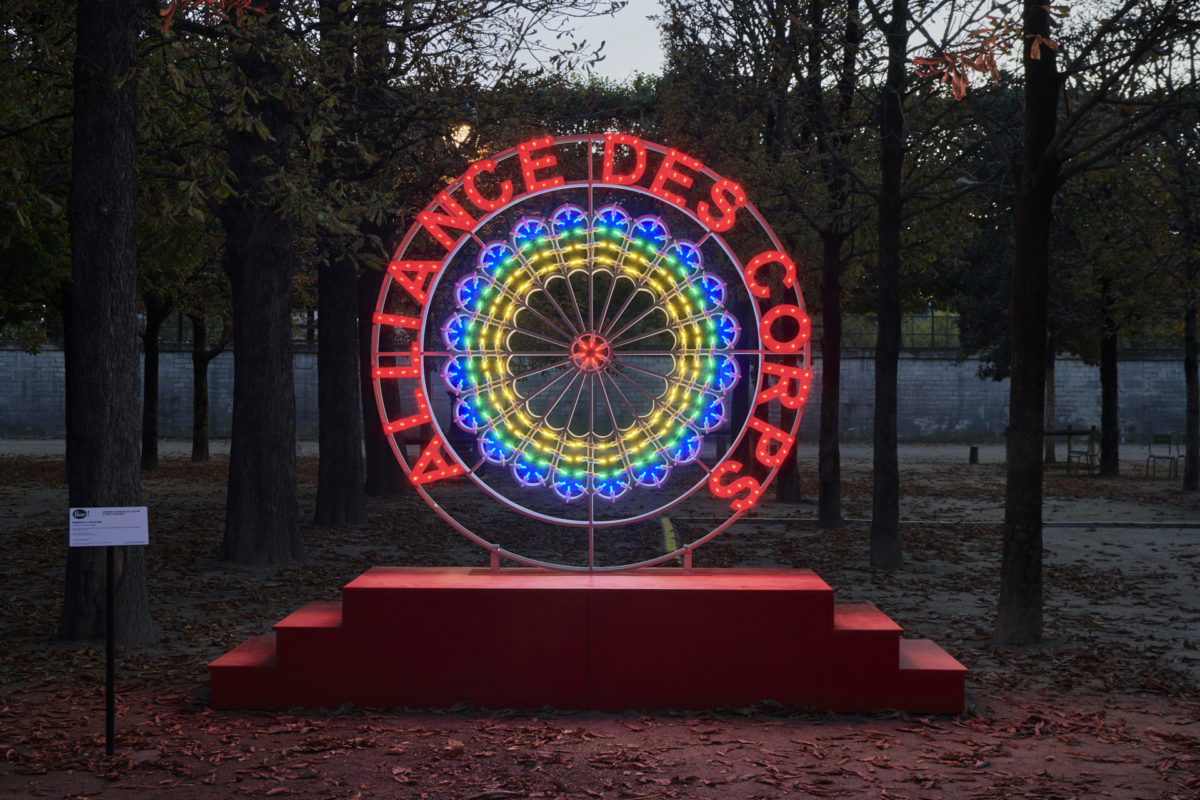
She has collaborated with Pussy Riot, the Black Panthers, and the Black Lives Matter movement in New York – Marinella Senatore is one of the most renowned artistic activists. Her work doesn’t just happen in her studio in Rome, but rather she engages in workshops with people worldwide. The drawings, installations, and films on display at the Kunsthaus Stade until September 8 reflect the actions of the 47-year-old artist.
We spoke with Marinella Senatore and met her at the opening of her exhibition in Stade at the beginning of June. We are still blown away by the artist’s energy.

You became an activist at the age of 15. How did that happen?
Marinella Senatore: It stems from my roots. I was born and raised in the south of Italy in a very patriarchal environment. As a witness of domestic violence, I sought ways to survive and find alternatives to my miserable situation. I focused on feminism and also on fighting white supremacy.
I became involved with global activist networks like the former Black Panthers and the Young Lords, a group of activists from Puerto Rico. My collaborations with Black Lives Matter and Pussy Riot were pivotal in my formation.
After 21 years of activism, what is your conclusion?
There is still much to be done. We, as women, must continue to fight for our rights and equality. Every time a new regime comes into power, women’s bodies are at the forefront of political debates. It’s 2024, and we’re still discussing abortion? Italian Prime Minister Giorgia Meloni wants to make abortions more difficult; almost all doctors in Italy refuse to perform the procedure on young women. This isn’t about the Vatican or faith. Italians are no longer religious. It’s all politically driven, it’s about control. We are in dark times. It’s terrible.
What gives you hope?
Darkness and light are intertwined for me. Yes, it’s a dark time, and it has been for years. But this is also when poetry, art, and hope can flourish. My art is not bleak; it’s full of joy. Through my participatory projects, I work with people and witness their strength. I see their adaptability, creativity, and inherent beauty. My work proves that there is hope.
You combine activism and art. How do you work?
As an activist, I call for protests, bring issues to the streets, and make them visible. But once the action is over, it’s done. As an artist, I preserve the essence of these projects through banners, drawings, sculptures, or films. For me, art is never free from ideology. Everything you create as an artist is political. I aim for my work as both an activist and artist to challenge social inequalities.
I activate processes but do not control them.
Marinella Senatore
Many of your works in the Stade exhibition were created at the School of Narrative Dance. What is the idea behind it?
The School of Narrative Dance is a street parade developed and organized by the residents of a community. I developed the concept in 2012, and since then, more than eight million people worldwide have been involved. The unique aspect of the parade is my role in activating people and creating a space where they can thrive. Without the pressure of being productive, competing with others, or facing social exclusion. Once I’ve established a safe space, I step back and let the group continue on their own. This is a crucial aspect of my work: I activate processes but do not control them. I create spaces where people can expand, which is one of my favorite concepts.
Why?
Art helps people reveal their inner selves. Engaging in creative processes, whether through painting or dancing, increases self-awareness and liberates individuals from others‘ expectations. This has a healing effect. Although terms like healing are often scoffed at in the art world, they are important to me.
Exhibition at Kunsthaus Stade until 8. September 2024
The show entitled ‘Together We Stand’ provides an insight into the participatory work of Marinella Senatore and brings together light objects, drawings, films, collages and sculptures. To accompany the exhibition, the artist, the Kunsthaus Stade, under the direction of curator Luisa Fink, and the city have developed a programme that focuses on local togetherness. Information about the programme and the exhibition can be found here
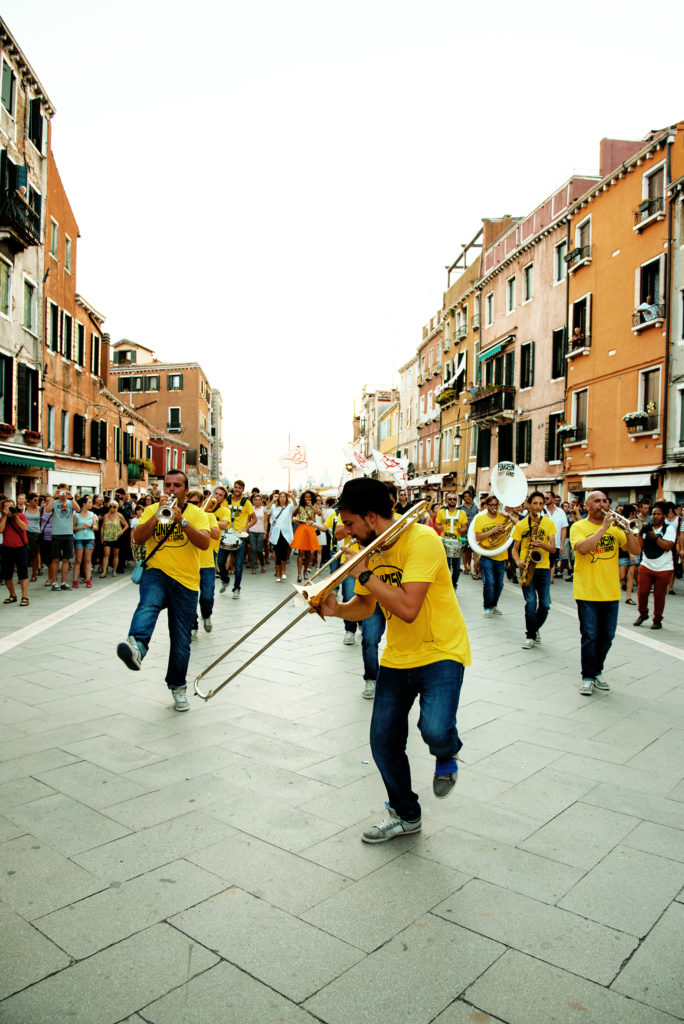
© Marinella Senatore, THE SCHOOL OF NARRATIVE DANCE, Venedig 2015, als Teil von The Creative Time, Summit 56th Venice Biennale, Courtesy the Artist und Mazzoleni, London – Torino, Foto: Andrea Samonà
If art is so powerful, why do many people still feel disconnected from it?
The art market often reflects elite interests. Museum officials complain that „normal“ people don’t visit exhibitions, but why should they? If the works have no relevance to their lives, they feel uninvited. I can relate to that. I feel disheartened after seeing exhibitions that have nothing to do with real life.
But when something resonates with me, it can change my day, my month, or even my future actions. You’ve heard people say a movie changed their life? It’s true! A movie or a song can lift you out of a dark mood and change how you feel. You act differently and might open yourself to new possibilities. Art is useful, but it must consider the audience.
Is art without social impact still art?
There are artists with a very personal, almost intimate approach, like Felix Gonzales-Torres. His works express thoughts on grief or death and speak a universal language that reaches people. I criticize artists who cater to an elite. The way they produce art hasn’t changed since the Renaissance: commissioned by the wealthy, creating what the wealthy want. It’s crucial for artists to feel, a concept the art market often dismisses.

As a woman and activist in the art world, was it easy for you to establish yourself and make a living?
Not at all. But that was my choice. Although I am now established, I am very selective about whom I sell my work to, where I exhibit, and whom I collaborate with. I research extensively and know that female artists earn 15% less than their male counterparts. Collectors, buyers, and galleries often perceive female artists as demanding and greedy for expecting fair payment.
This inequality persists throughout the art world. There is no real interest in rethinking art history from a feminist perspective. We don’t challenge the image of Pablo Picasso, who exploited his models and stole ideas from others. He is still celebrated as a great artist. We accept the narrative that female artists started making art very late. It’s not allowed to rewrite history, which also completely ignores the art of indigenous peoples. This is absolutely insane.
Marinella Senatore is a multidisciplinary artist, an activist, lecturer, and one of the most prominent figures in the global movement for social change. Trained in art, orchestral playing and film directing, the Italian develops collaborative processes: Her workshops and parades are large-scale community projects that focus on togetherness. These include the film project Nui Simu / That’s Us (2010) with mine workers in Sicily, the operaRosas (2012), which involved over 20.000 participants in several countries, and her free radio station Estman Radio. The website provides a very good insight into Marinella Senatore’s diverse and multimedia work.
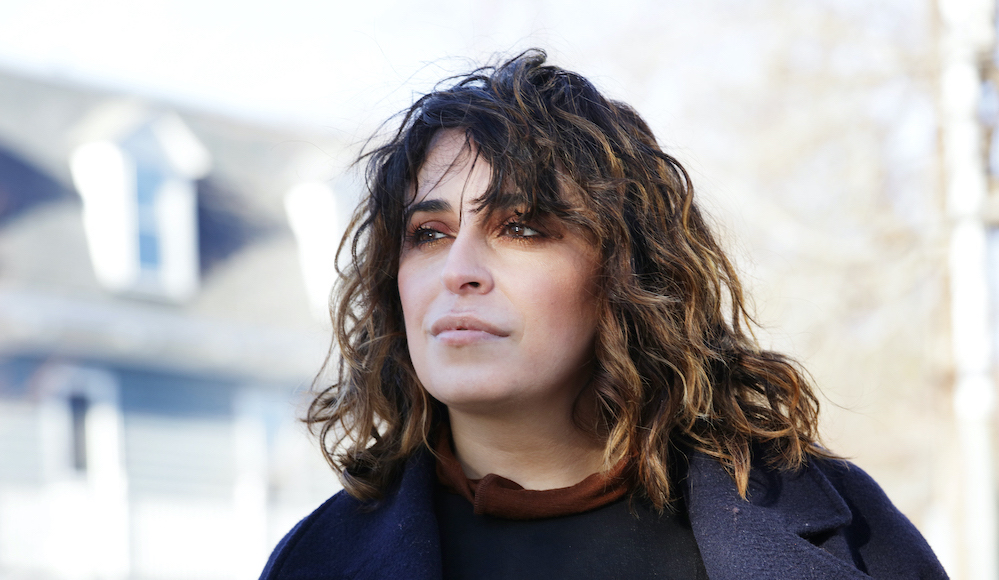
© Marinella Senatore, Foto: Marco Anelli
Curator of the Palace Gallery is Anette Frisch, who also conducted the interview.

